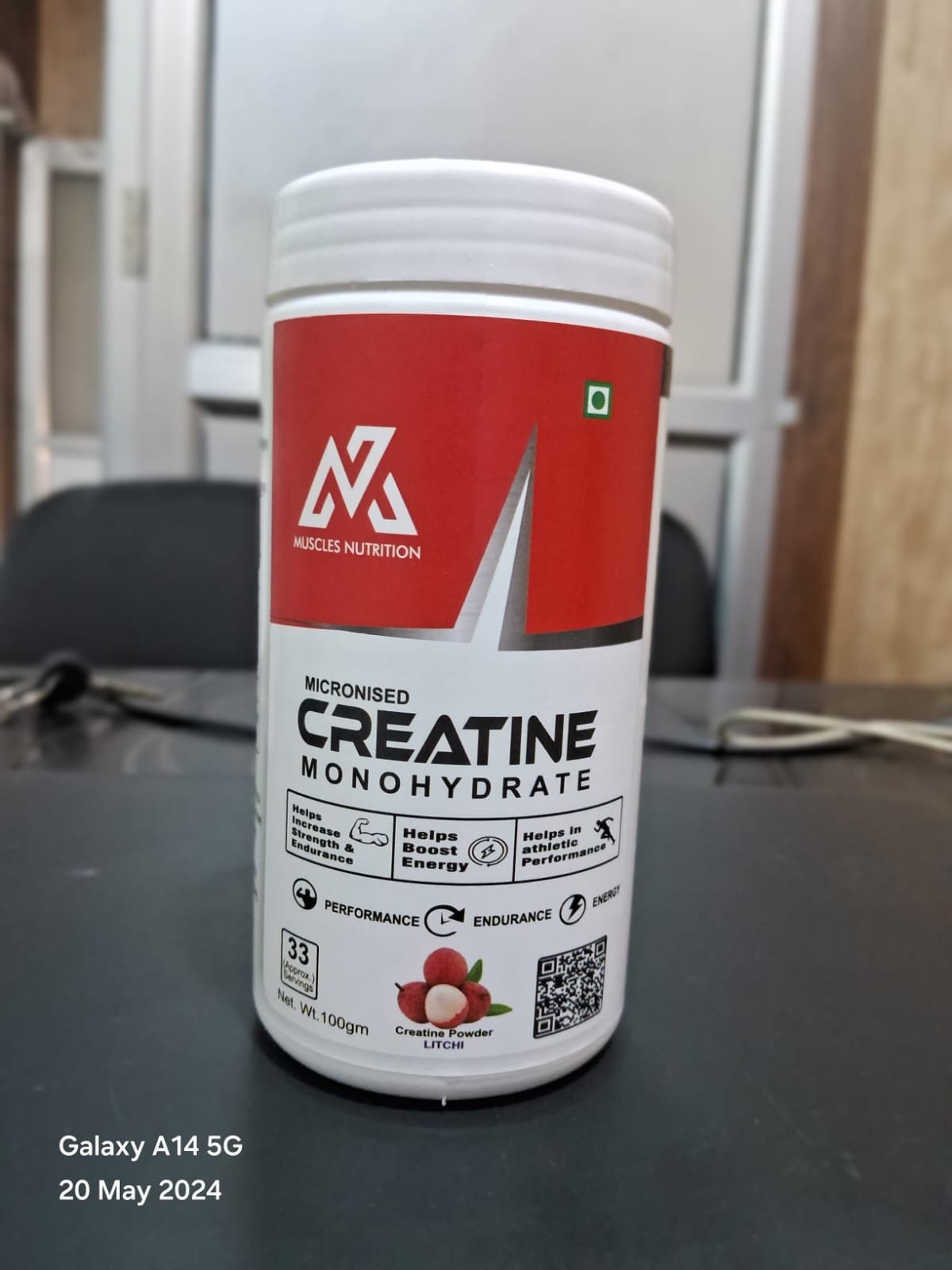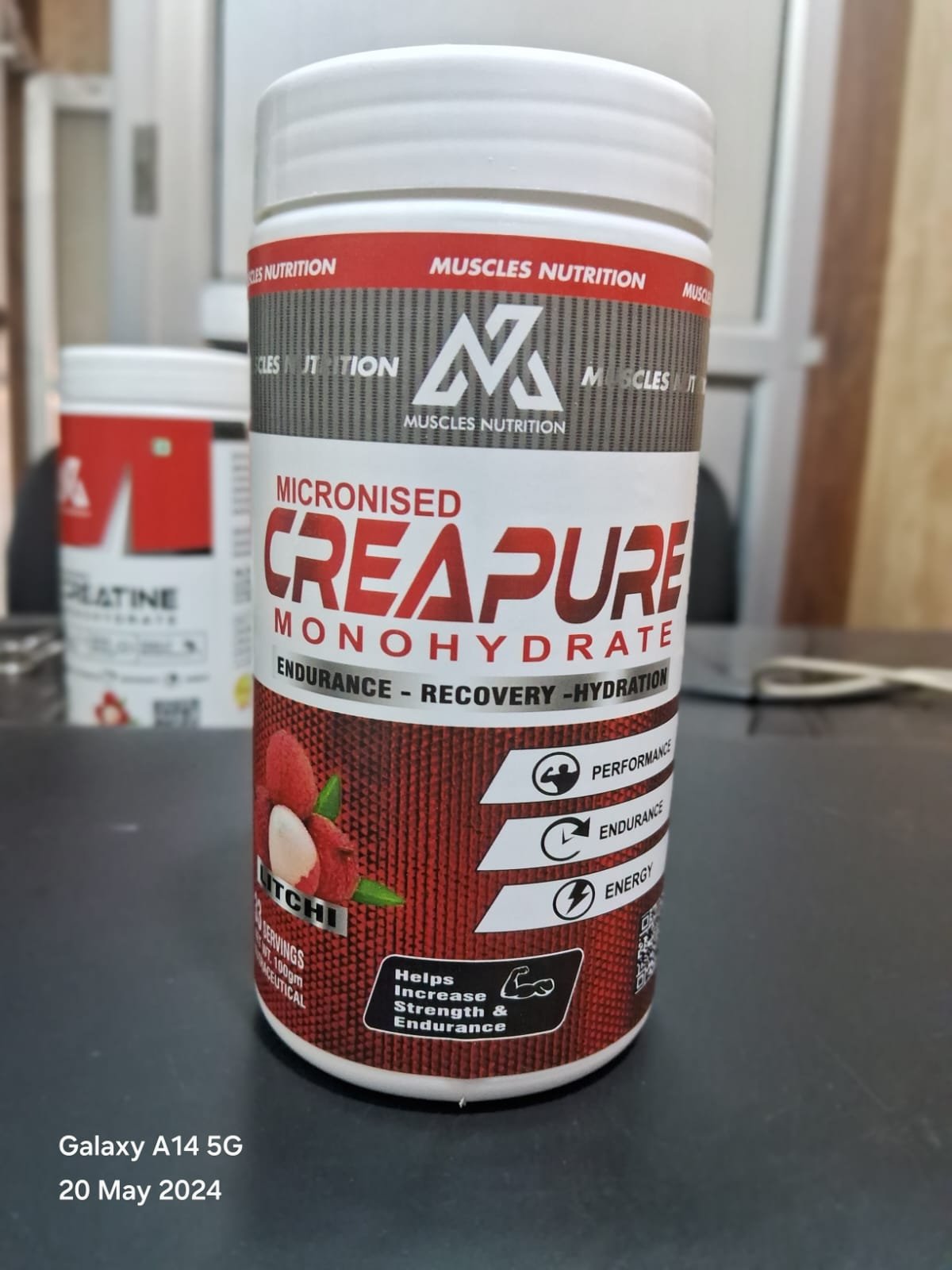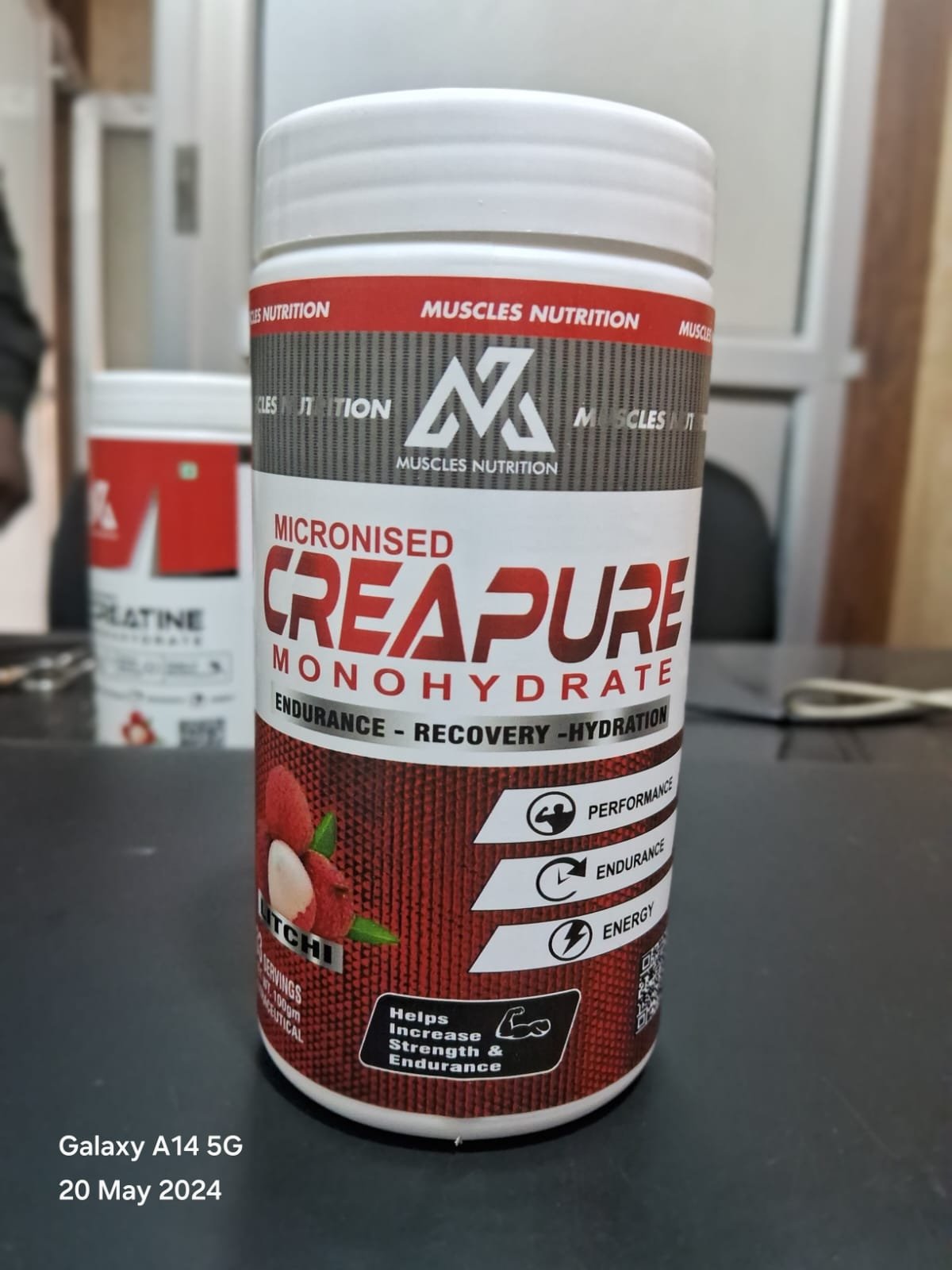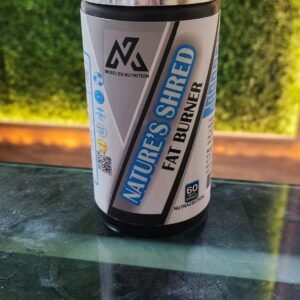What is Creatine Monohydrate and How Does It Work?
Creatine monohydrate is a naturally occurring compound that is synthesized in the human body from amino acids, primarily in the liver, kidneys, and pancreas. Its chemical composition is C4H9N3O2, and it is predominantly stored in muscle cells as creatine phosphate. This form of creatine plays a crucial role in the production of adenosine triphosphate (ATP), which is the primary energy currency of the cell. ATP is essential for various cellular processes, including muscle contractions during high-intensity, short-duration exercises such as weightlifting and sprinting.
In the context of exercise, creatine monohydrate supplements are widely used to increase the body’s creatine stores. By augmenting the available creatine phosphate in muscle cells, these supplements enhance the body’s ability to rapidly regenerate ATP. This increased ATP availability is significant because it allows for improved performance during short bursts of intense activity, leading to greater strength, enhanced muscle performance, and reduced recovery time between sets.
There are several forms of creatine available on the market, including creatine ethyl ester, creatine hydrochloride, and buffered creatine. However, creatine monohydrate remains the most researched and commonly used form. The extensive body of scientific literature supporting creatine monohydrate underscores its efficacy and safety. It is also known for its high bioavailability and cost-effectiveness, making it the preferred choice among athletes and fitness enthusiasts.
Overall, creatine monohydrate functions by increasing the phosphocreatine stores in muscle cells, facilitating quicker ATP regeneration. This mechanism not only boosts muscle performance and strength but also aids in faster recovery during high-intensity, short-duration exercises. Given its well-established benefits and extensive research backing, creatine monohydrate continues to be the go-to supplement for those looking to enhance their athletic performance.
Benefits, Dosage, and Safety of Creatine Monohydrate
Creatine monohydrate is widely recognized for its extensive benefits, backed by a wealth of scientific research. Primarily, it is celebrated for its ability to enhance athletic performance. Studies have consistently shown that creatine supplementation can significantly improve strength, power, and high-intensity exercise performance. This is largely because creatine increases the availability of phosphocreatine in muscles, which is crucial for ATP production during intense physical activities.
Beyond athletic performance, creatine monohydrate also plays a pivotal role in muscle mass development. It promotes muscle hypertrophy by increasing water content in muscle cells and enhancing muscle protein synthesis. Additionally, creatine is known to expedite recovery times post-exercise, reducing muscle damage and inflammation.
Interestingly, the benefits of creatine monohydrate extend beyond physical performance. Research indicates that it can enhance cognitive function, particularly in tasks that require short-term memory and quick thinking. Furthermore, creatine has shown potential therapeutic applications for neuromuscular diseases such as muscular dystrophy and amyotrophic lateral sclerosis (ALS), providing hope for improved quality of life in affected individuals.
The recommended dosage of creatine monohydrate varies depending on the goal. For those seeking rapid increases in muscle creatine stores, a loading phase of 20 grams per day, divided into four 5-gram doses, is suggested for 5-7 days. This is followed by a maintenance phase of 3-5 grams per day. For general health and long-term use, a consistent daily intake of 3-5 grams is adequate. When considering the timing of ingestion, it is generally accepted that creatine can be taken at any time of the day, although some evidence suggests post-workout consumption may be slightly more beneficial.
Creatine monohydrate can be effectively stacked with other supplements such as protein powders and branched-chain amino acids (BCAAs) to further enhance muscle growth and recovery. Cycling on and off creatine is not necessary, as long-term studies have shown that continuous use is safe and effective.
Regarding safety, creatine monohydrate has been extensively studied and is deemed safe for long-term use when taken at recommended dosages. Common myths about creatine causing kidney damage or dehydration have been debunked by research. Long-term studies have shown no adverse effects on kidney or liver function in healthy individuals. It is always recommended to consult with a healthcare provider before starting any new supplement regimen, particularly for individuals with pre-existing health conditions.









Reviews
There are no reviews yet.